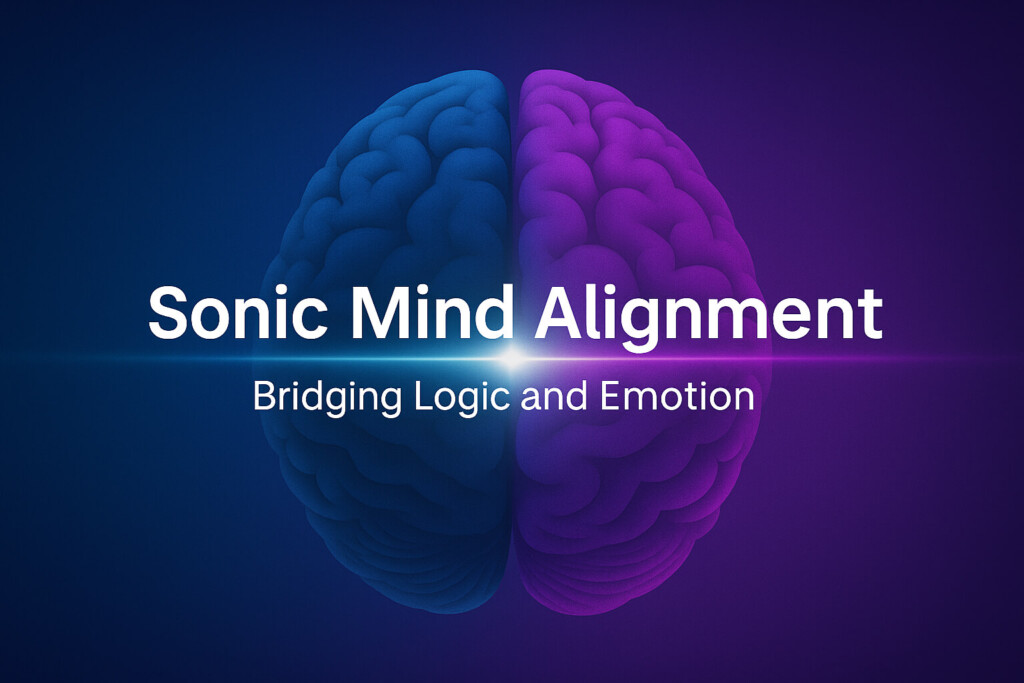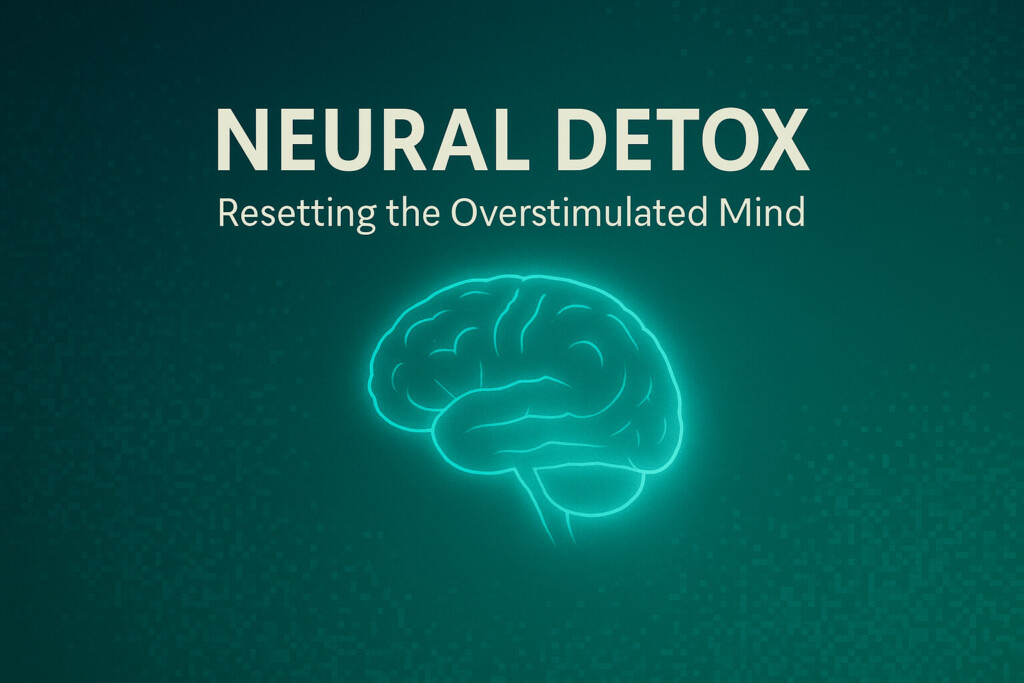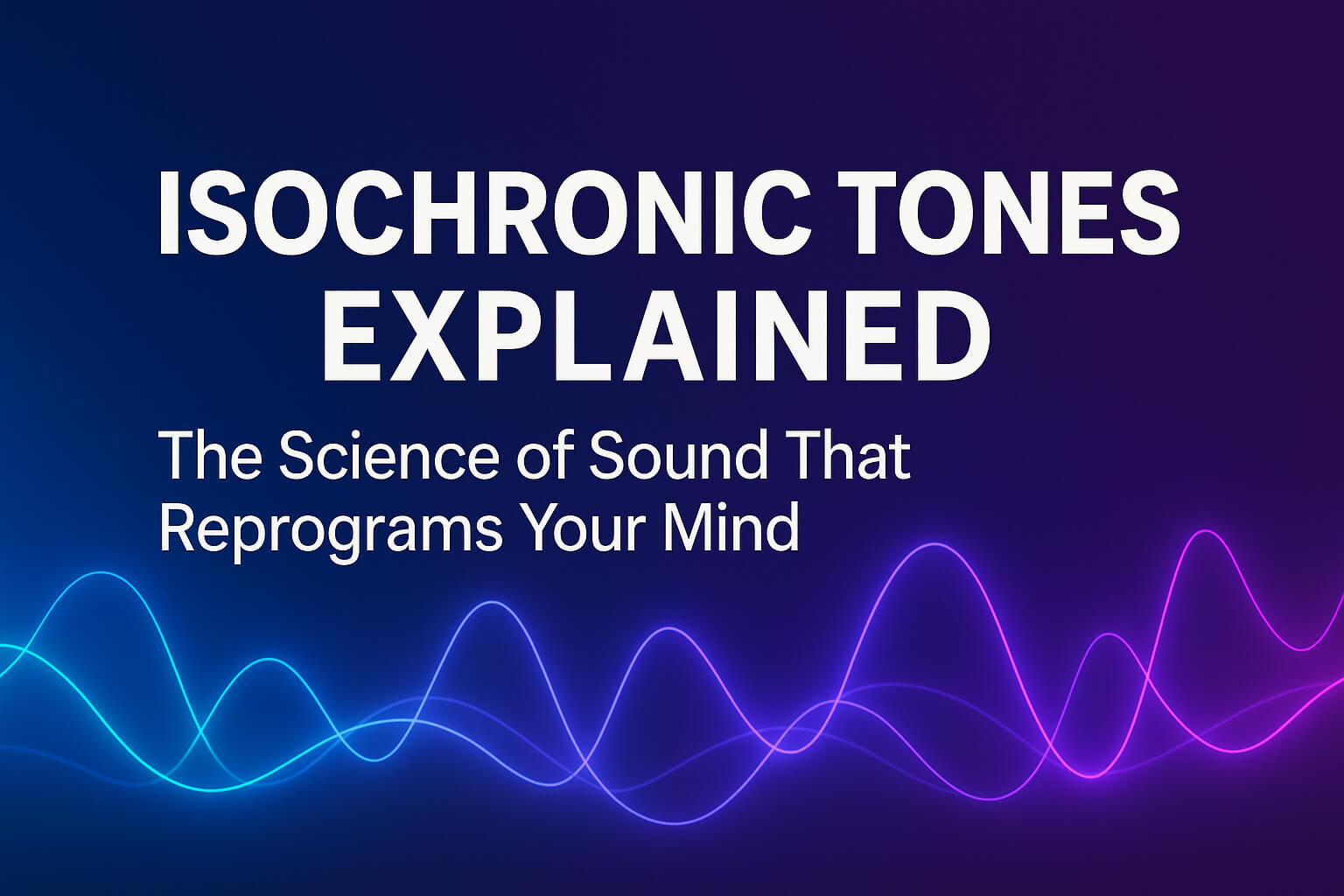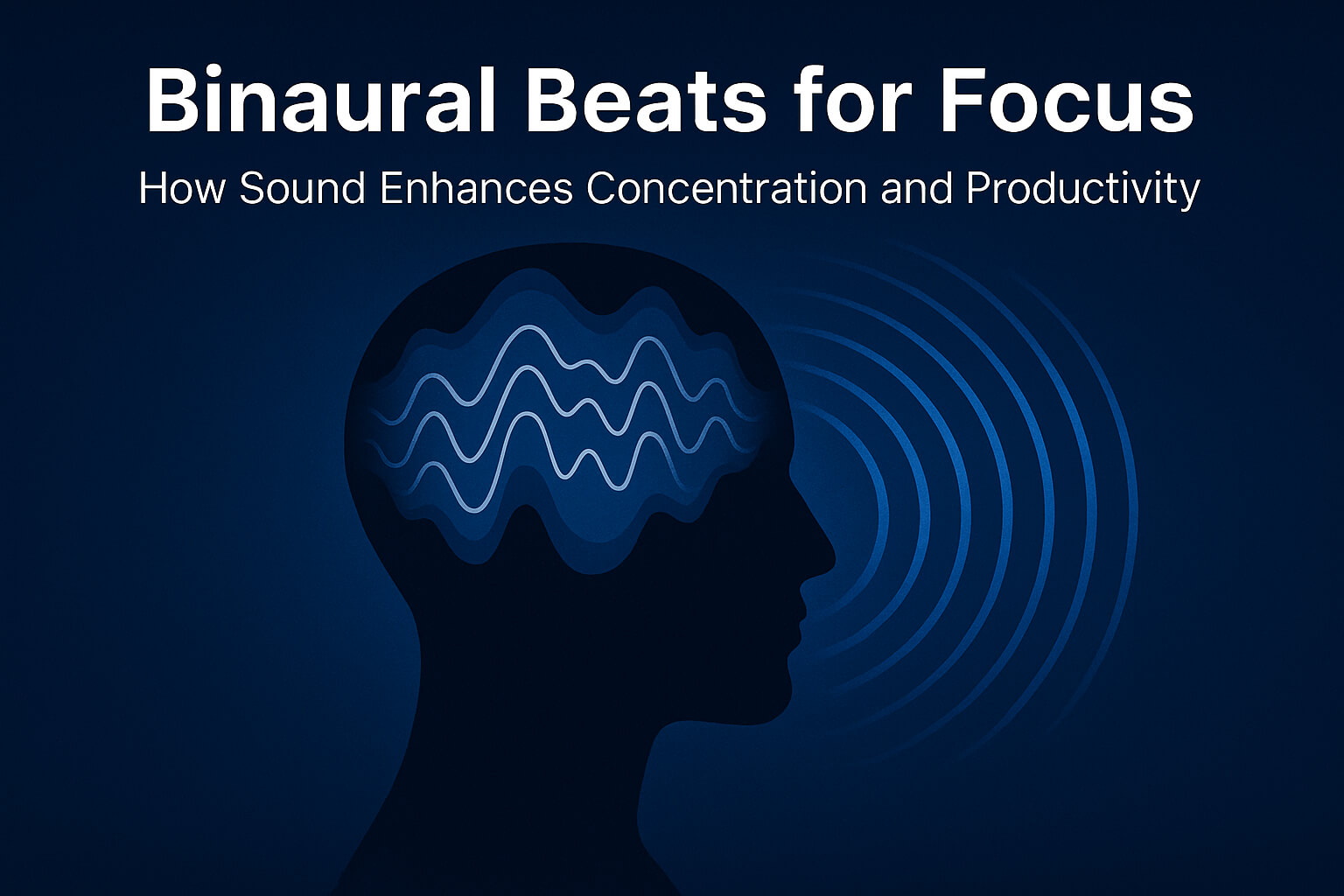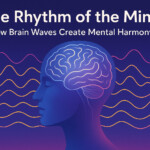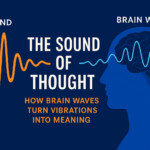Now Reading: Best Binaural Beats for Sleep: Unlock Deep Rest and Recovery Naturally
- 01
Best Binaural Beats for Sleep: Unlock Deep Rest and Recovery Naturally
Best Binaural Beats for Sleep: Unlock Deep Rest and Recovery Naturally
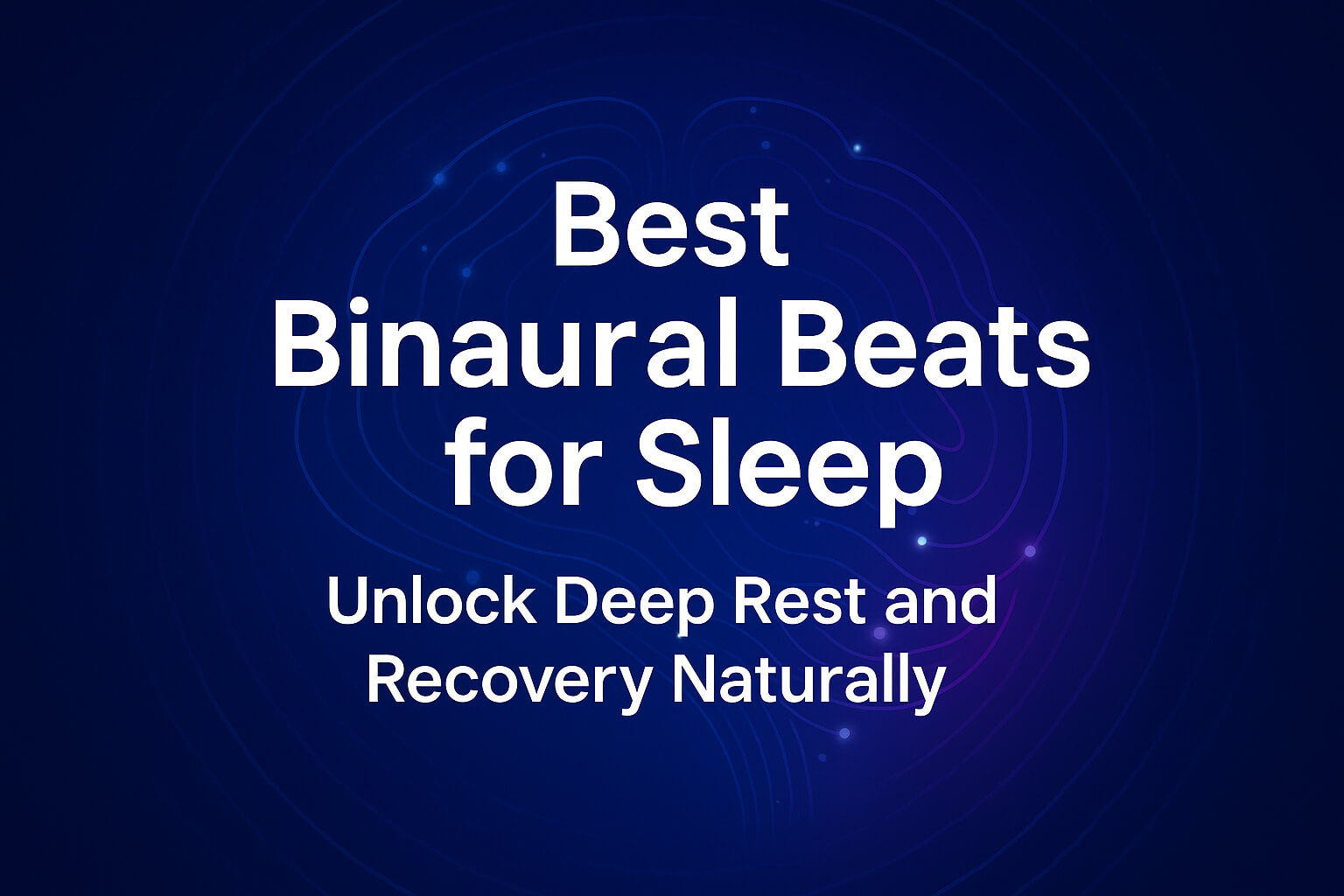
🌙 Introduction
Tired of sleepless nights and restless thoughts?
You’re not alone — millions struggle to fall asleep even after exhausting days. The good news is, science has found a simple and natural way to guide your brain into deep rest: binaural beats.
These special sound frequencies can synchronize your brain waves to match the rhythm of deep sleep — without medication, supplements, or side effects.
🧠 How Binaural Beats Affect Sleep
Binaural beats work through a fascinating process called brainwave entrainment.
When two slightly different frequencies are played in each ear — say, 100 Hz in one ear and 104 Hz in the other — your brain perceives a 4 Hz “beat” that doesn’t physically exist.
That perceived beat (the frequency difference) causes your brain’s electrical activity to align with it, shifting your mental state into the desired frequency range.
For sleep, that target is usually delta waves (0.5–4 Hz) — the state of deep, dreamless, healing sleep.
🎧 Listening to the right binaural beats helps your brain “tune” into delta frequencies, guiding you gently into a state of total relaxation.
💤 The Best Frequencies for Sleep
Here’s how different brain wave ranges affect your sleep cycle:
Delta (0.5–4 Hz) – Deep, restorative, dreamless sleep.
Theta (4–8 Hz) – Light sleep, early dream phases, subconscious access.
Alpha (8–12 Hz) – Pre-sleep relaxation and transition from wakefulness.
The best binaural beats for sleep gradually lower your brainwave activity from alpha → theta → delta, mirroring your body’s natural sleep rhythm.
🌿 Benefits of Binaural Beats for Sleep
Consistent listening can do far more than help you fall asleep — it can transform the quality of your rest:
🌙 Faster Sleep Onset: Trains your mind to release overthinking and calm neural activity.
💗 Improved REM Cycles: Supports healthy dreaming and emotional processing.
⚡ Morning Clarity: Promotes better oxygen flow and neural recovery.
😌 Stress & Anxiety Reduction: Balances cortisol and melatonin production naturally.
These benefits are cumulative — meaning the more often you listen, the deeper your nightly recovery becomes.
🔬 The Science Behind Sleep Frequencies
In studies from the National Institutes of Health (NIH) and Harvard Medical School, researchers found that auditory entrainment using delta-range frequencies significantly improves sleep duration and quality.
Participants who listened to 2–4 Hz delta binaural beats experienced:
35% faster sleep onset
20% deeper slow-wave sleep
Reduced nighttime awakenings
This happens because binaural beats calm your sympathetic nervous system (responsible for stress) and activate the parasympathetic system (responsible for rest).
🕯️ How to Use Binaural Beats for Sleep
Listen 30 minutes before bed.
Find a calm, dark space and use stereo headphones.Set low volume.
Let the sound blend gently with ambient noise — don’t force focus.Consistency matters.
Play nightly for 15–30 minutes to train your brain’s sleep rhythm.Optional layering:
Combine with soothing rain or nature sounds for even stronger entrainment.
The key to success is routine — your brain learns through repetition.
✨ Final Thoughts
Sleep is not just rest — it’s your brain’s reset mechanism.
When tuned to delta frequencies through binaural beats, your body repairs cells, processes emotions, and restores focus.
If you’re looking for a simple, drug-free way to wake up refreshed and recharged, start using binaural beats tonight.
👉 Related read: Gamma Brain Wave Frequency: The Secret Behind Peak Focus and Mental Power for more insights on brainwave focus and mental clarity.



